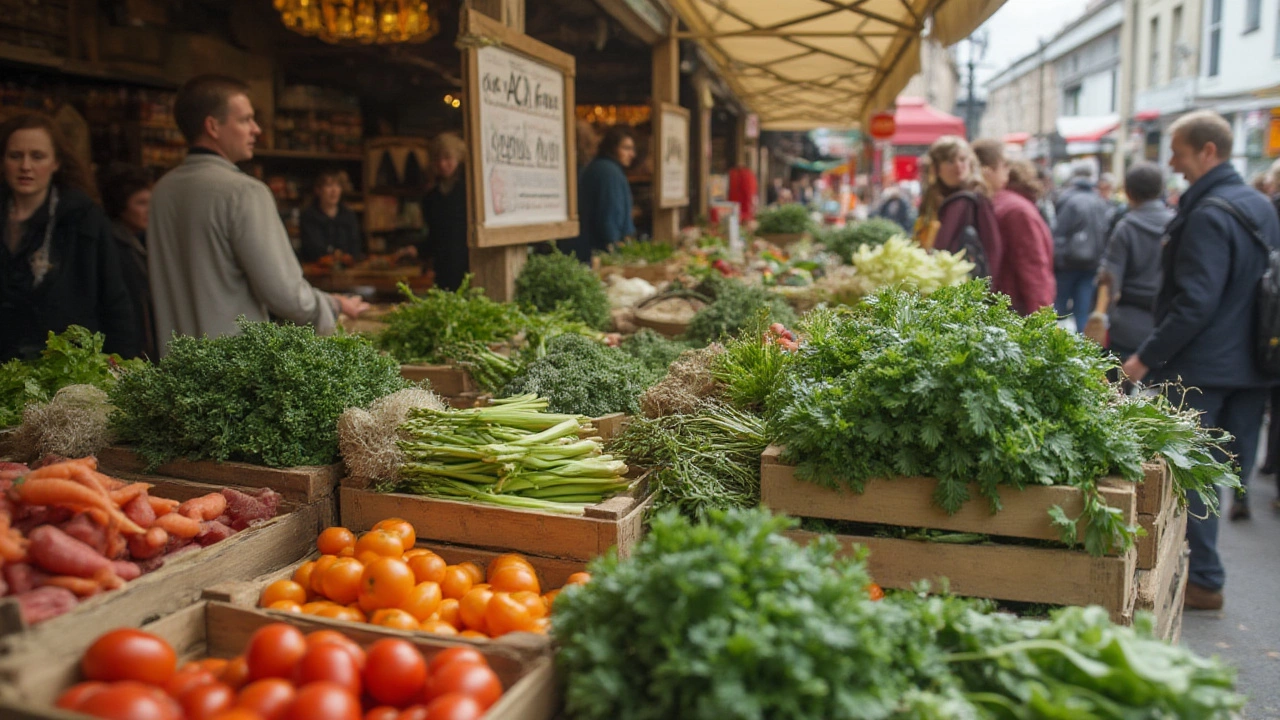Vegan Diet Facts: What You Need to Know
Thinking about going vegan or just curious about what it really means? Below are the most useful facts you’ll need. A vegan diet skips all animal products – meat, dairy, eggs, and even honey. That simple rule changes the way you shop, cook, and eat every day.
Health Benefits of a Vegan Diet
Vegan eating can lower blood pressure, reduce cholesterol, and help manage weight. Plant foods are packed with fiber, which keeps you full longer and supports digestion. You’ll also get plenty of vitamins like C and K, plus antioxidants that protect cells. Many people notice more energy after a few weeks of cutting out meat.
There’s a myth that vegans miss out on protein. In reality, beans, lentils, tofu, and nuts give you all the protein you need. A cup of cooked lentils provides about 18 grams, similar to a chicken breast. Mix different protein sources throughout the day and your body will stay strong.
Practical Tips to Begin Vegan Eating
Start small. Swap dairy milk for oat or almond milk in your coffee. Replace ground beef with a bean‑based chili for a week. Keep a list of easy go‑to meals – think stir‑fry with tofu, pasta with tomato sauce and veggies, or a hearty quinoa salad.
Read labels. Some processed foods hide animal ingredients like whey or gelatin. Look for “vegan‑friendly” symbols or check the ingredient list. If you’re unsure, a quick online search usually tells you whether a product is safe.
Plan your grocery trips. Fill half your cart with fresh produce, a quarter with whole grains, and the rest with plant proteins. Buying in bulk saves money and reduces waste. Frozen berries, peas, and spinach are great for quick meals and keep nutrients intact.
Don’t forget B12. This vitamin is mainly found in animal foods, so a supplement or fortified product is essential. A daily B12 tablet or a fortified cereal can keep levels healthy without extra hassle.
Try new recipes each week. Experiment with spices, herbs, and different cooking methods. Roasting veggies brings out sweetness, while a quick sauté adds texture. The more flavors you explore, the easier vegan eating becomes.
Lastly, stay flexible. If you slip up or eat something non‑vegan, don’t stress. Learn from it and move on. Consistency over perfection is what drives real change, and every plant‑based meal adds up to better health and a kinder planet.

Are All Vegetables Vegan? Surprising Truths About Hidden Animal Ingredients
Not all veggies are vegan! Discover which vegetables aren't truly vegan and what makes them so. Learn surprising facts, tips, and ethical concerns right here.
More Detail